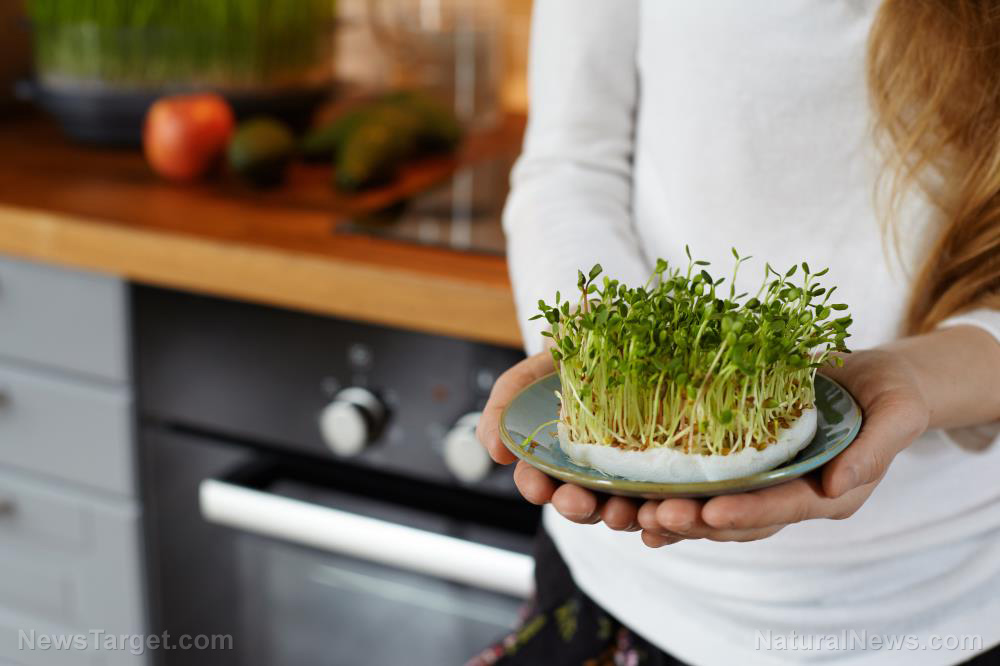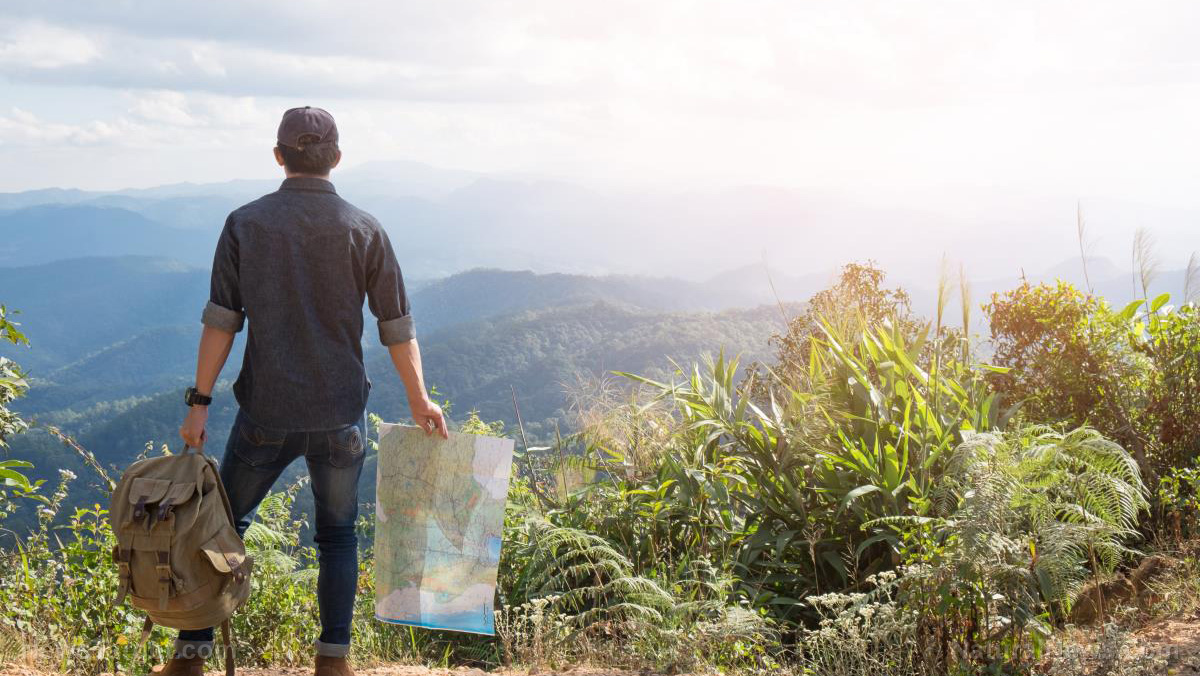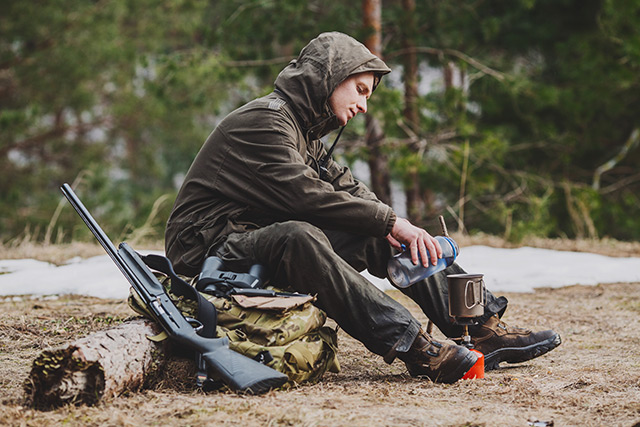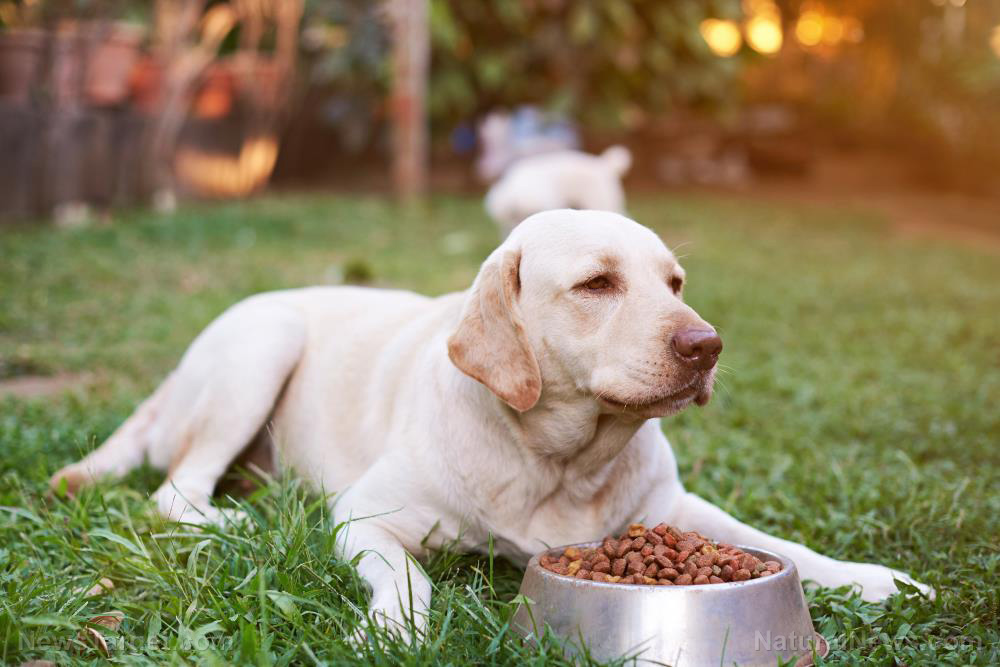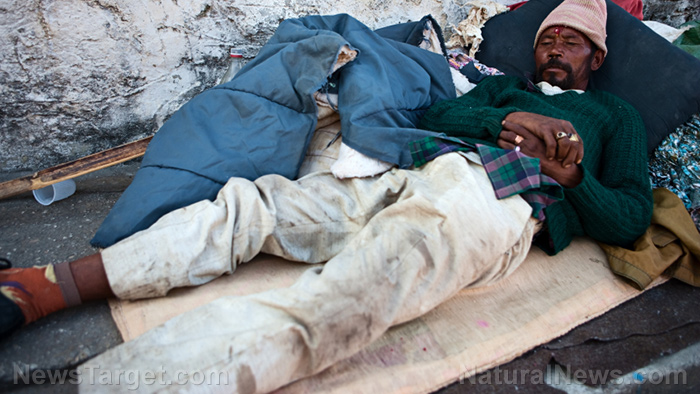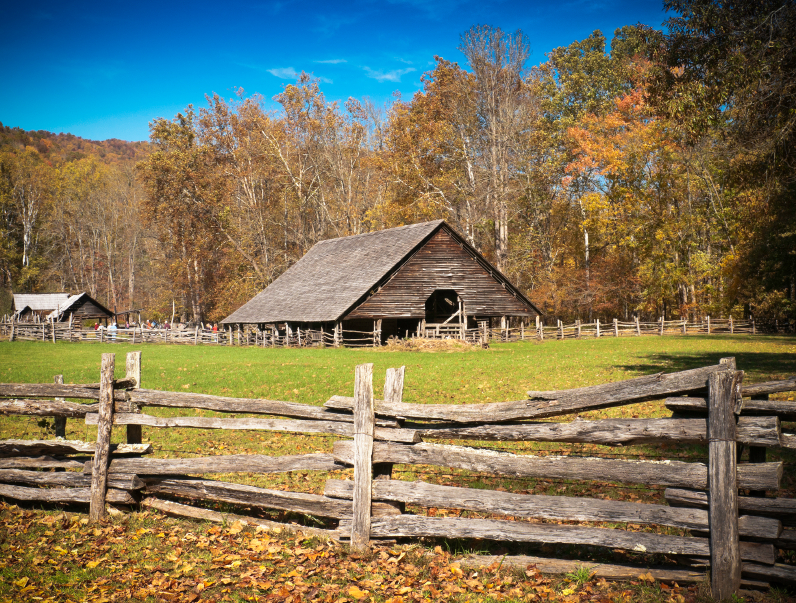Should you tell people you’re a prepper? Experts say keep your cards close to your chest
06/01/2018 / By Isabelle Z.
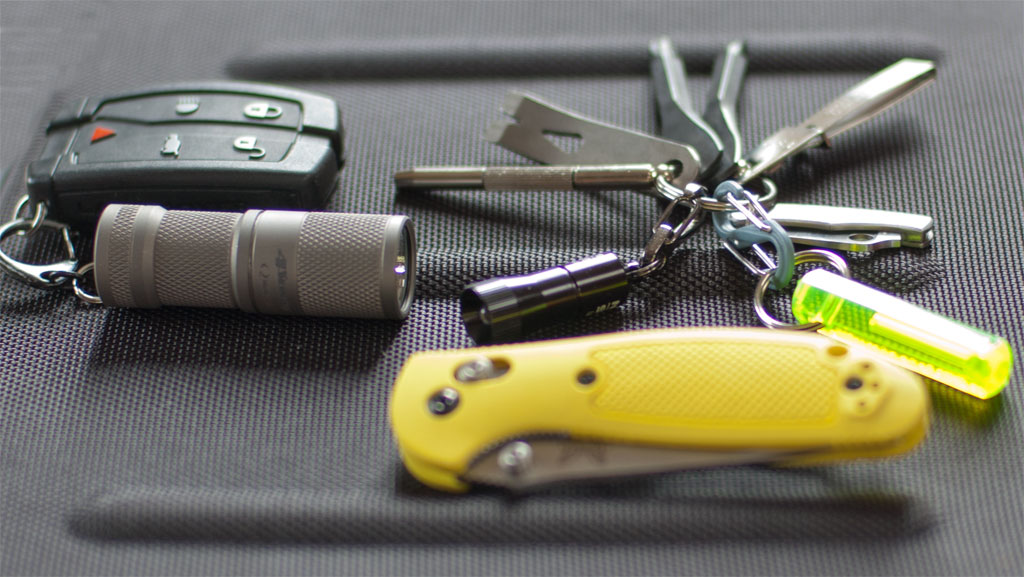
If you’re a prepper, you’re rightfully concerned about what could happen in the event of a disaster. You’ve been trying to consider all the eventualities and prepare for them, and perhaps you’ve even been telling friends and family about your efforts. You might have the best of intentions in wanting to help them, but this kind of openness could end up backfiring on you should the worst happen, according to experts.
Most preppers fall into one of three categories, according to Living Life in Rural Iowa. People in the first group take security very seriously and avoid discussing their plans with anyone. Even those who know them well might not have any idea that they’re so thoroughly prepared. Anyone who lives with them and is privy to their stockpiles and other preparations knows not to discuss it with anybody else.
Then you’ll find a middle-ground group that might discuss prepping with others but does so without going into the specifics of their own supplies or plans. They might be happy to give other people advice and talk in generalities, but they wouldn’t dream of showing their stockpile to their neighbors.
The final group is extremely open, telling anyone and everyone about their plans and proudly showing off their supplies. This, they feel, is the best way to inspire and help others get through the tough times, and they don’t think twice about being so open.
So, which category applies to you, and which one do you think would serve you the best? According to experts, playing your cards close to your chest is the ideal route. That doesn’t mean, however, that you should align yourself with the first category and be entirely tight-lipped. In fact, there are advantages to be gained from inspiring those around you to start prepping.
Sponsored solution from the Health Ranger Store: Lab-verified Nascent Iodine solution is a dietary supplement that provides your body with supplemental iodine to help protect your thyroid during radiation exposure. Nuclear accidents such as Fukushima (or nuclear war) can expose your body to radioactive iodine-131, a dangerous radioisotope. Pre-loading your system with stable iodine occupies the iodine receptor sites on your organs, causing your body to naturally expel radioactive iodine you may have been exposed to through air, food, water or milk products. This defensive strategy is recommended by nearly all health authorities, worldwide, including the Nuclear Regulatory Commission. Discover more at this link.
Therefore, it’s the second category that could be the most beneficial if you play your cards right. Of course, you should never show anyone your weapon stockpile or even tip them off to where your bunker is. However, if you live in a neighborhood, for example, getting your neighbors to start prepping will only help increase your own security. They won’t need to come sniffing around your place if they’ve already got everything they need, and in an extreme situation, you might end up all working together to protect one another.
Of course, this won’t be the best idea if you live in an urban area or one with lots of crime. In these cases, you’ll want to be a lot more secretive. If there’s anyone you can trust, it doesn’t hurt to discuss what-ifs, but you should resign yourself to the fact that you will probably be going it alone. Remember that no one will rob you if they don’t think you have anything worth taking, so keep your plans to yourself.
Get everyone on board
Whatever you decide, make sure everyone who does know about your plans is on board. While you probably want your immediate family members to know where your main supplies and bug-out bags are kept, you need to be sure they’ll protect this information. Emphasize the importance of not sharing this information with others, and be very careful what you say to young children as they have a tendency to repeat things.
There are a few aspects of prepping that you should never discuss with others. The first one is what weapons you do and do not have and where you might be keeping any caches. Another bit of information that should never be shared is if you’ve been storing gold or other valuables, or even cash. (Related: Tips for the beginner prepper.)
Prepping could one day save your life, but be careful who you share your plans with or you could undo all of your hard work in an instant when an emergency strikes. Stay informed by reading Preparedness.news.
Sources for this article include:
Tagged Under: bugout, bunkers, Gear, neighbors, preparedness, prepping, stockpiling, survival, weapons cache


